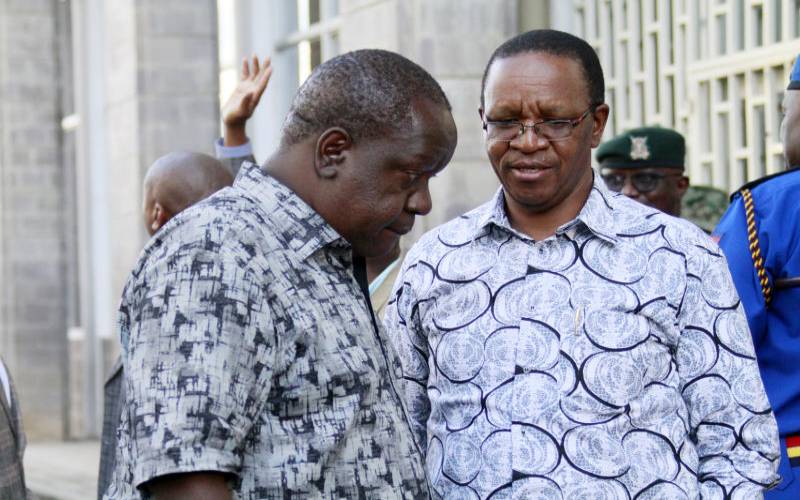×
The Standard e-Paper
Join Thousands Daily

The Principal Secretary in the Ministry of Interior Karanja Kibicho is easily the most powerful State official in Kenya today, after President Uhuru Kenyatta and Dr Kibicho’s boss, Cabinet Secretary Fred Matiang’i.
Every so often, you hear members of Deputy President William Ruto’s unofficial Tangatanga political team crying foul.